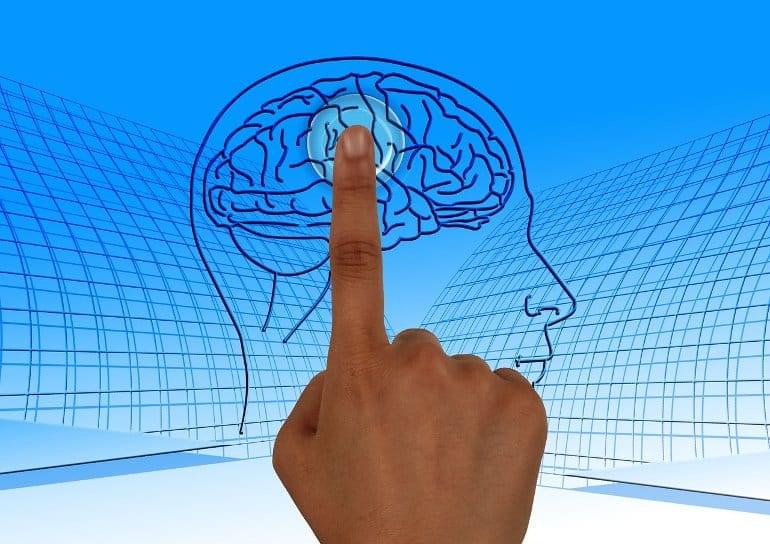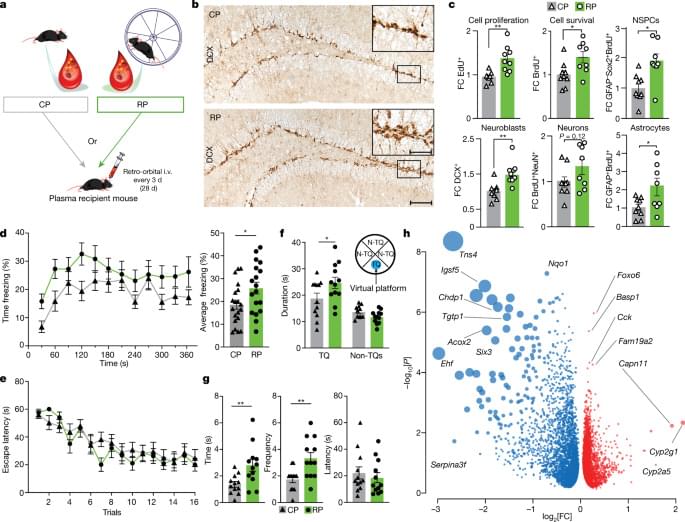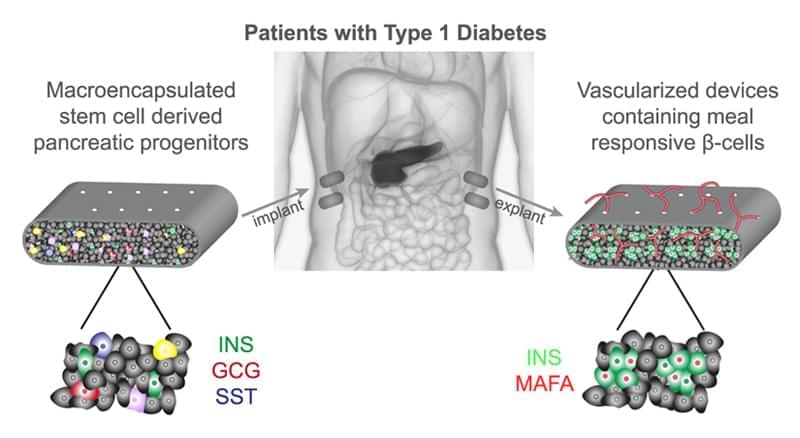Researchers have refined a molecule that shows promise for the prevention of Parkinson’s disease.… See more.
Summary: Researchers have refined a molecule that shows promise for the prevention of Parkinson’s disease.
Source: University of Bath
A molecule that shows promise in preventing Parkinson’s disease has been refined by scientists at the University of Bath in the UK, and has the potential to be developed into a drug to treat the deadly neurodegenerative disease.
Professor Jody Mason, who led the research from the Department of Biology and Biochemistry at Bath, said: “A lot of work still needs to happen, but this molecule has the potential to be a pre-cursor to a drug. Today there are only medicines to treat the symptoms of Parkinson’s—we hope to develop a drug that can return people to good health even before symptoms develop.”









